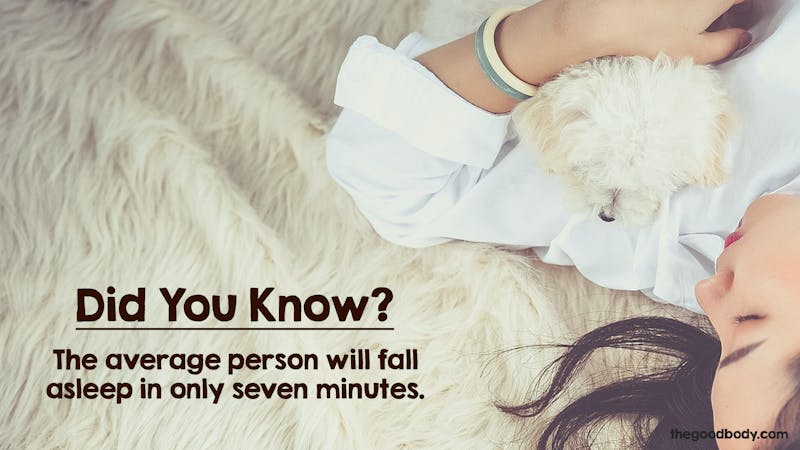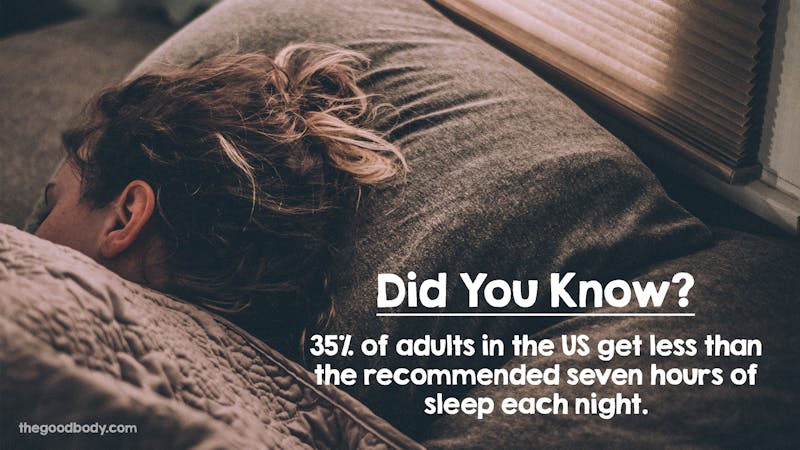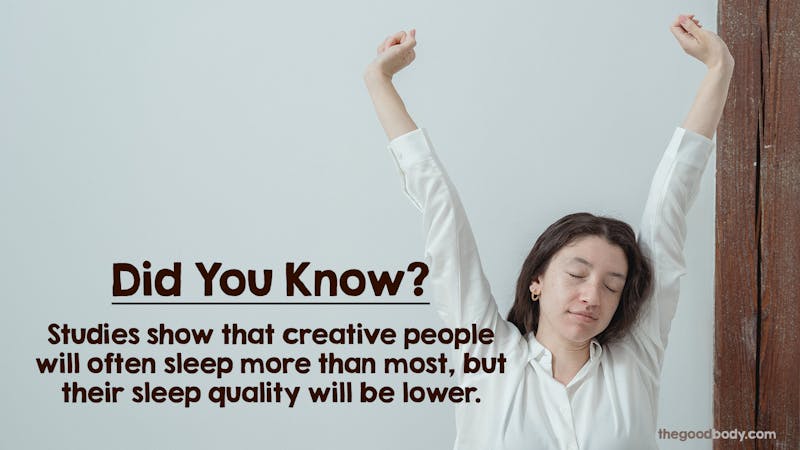Smart Sleeping: Technology & Tools For A Better Nights Sleep

Getting a good night's sleep has to be one of the most important ways we as humans recharge, reenergize, and set ourselves up for success. However, getting sleep can be a challenge in a world that puts so much pressure on us to work hard, get up early, and make all the hours of the day count. Luckily, we can benefit from a few things that technology can do: making sure that those precious hours in bed consist of quality sleep.
The Importance Of Sleep
When we sleep, our body and mind work together to support healthy brain function and maintain our physical health, something we can't do when we are active during the day. Sleep helps support growth and development in children, and getting inadequate sleep over time has been shown to increase the risk of chronic health problems. Poor sleep can affect how we think, react, and understand information and cause fluctuations in our mood. So now we know why sleep is important; how can technology help us get the perfect night's sleep?
Smart Sleeping Technology
The first thing technology can help us with is sleep monitoring. The problem with monitoring the quality of your sleep is...well, you're asleep! Luckily thanks to smartphones, a whole sub-industry of sleep health apps has appeared. We've highlighted some of the best, each boasting innovative features. All you require is a decent Wifi signal and home router; after all, you don't want your data to be eaten up while catching some Zs. However, sleep monitoring isn't the only way to improve your sleep. Let's dive into the internet of things and take a look at how technology can help you get the sleep you need.
Sleep Tracking
Let's start with our favorite picks for sleep trackers! These apps and devices measure your heart rate and breathing to analyze the nature of your sleep and give you useful information to change your habits.
Oura Ring
The Oura ring is a small, discreet, and comfortable sleep tracker that has full app support and an easy-to-navigate user interface. The ring comes in two styles and multiple color options, making it stylish as well as practical.
Whoop
The Whoop biometric tracker is easy to use, comfortable, and is aimed more at those who have a busy lifestyle and just want to throw something on. This tracker collects data nonstop and comes in a wide array of colors.
Withings
The Withings sleep tracker is a fantastic nonwearable sleep analyzer that doesn't require you to do anything but sleep. The Withings mat lets you get in bed, get up, and have a full night of information without lifting a finger or wearing anything at all.
Sleep Optimization - Tips and Tricks
Create a Restful Environment
Sounds obvious, but where we choose to sleep (and what on/with) is very important. A bed alone is sometimes not enough. There are a host of lightbulbs on the market to help promote sleep, as well as memory foam pillows, mattress toppers, and even weighted blankets. Recent years have seen an explosion in innovation and focus when it comes to providing us with the best sleep possible. Eye masks and foam earbuds aren't the only things on the market anymore - but they're still highly effective for many.
Watch What You Eat
Watching your diet is a good idea at any time of the day, but it's extra valuable when you're about to put your head on your pillow. It's common knowledge that caffeine is a bad idea just before bedtime, but did you know that spicy and fatty foods can also disrupt your sleep? Giving your body time to wind down before rest is a must.
Exercise
It's not rocket science, really. The more we move, the more our bodies need rest. Unfortunately, modern life, with all its screens and office work, is much more sedentary than that of our ancestors. Moderate-to-vigorous exercise can improve the time it takes for us to fall asleep, which is called sleep onset. The better we sleep, the more likely we'll feel rested enough to exercise again. It's a win-win!
Tools For Sleeping
Noise Cancelling
Noise-canceling headphones have come on leaps and bounds over the past decade, but understandably they may be the most comfortable thing to wear at night for some people. Filling the gap in this market are intelligent headbands, that are both cozy and practical. As they're Bluetooth, they can also be used for running and travel.
Snoring
Snoring. The timeless and most common issue when it comes to disturbing someone's sleep. Many - often ineffective - tools have been designed to aid with this universal problem for years. Nasal strips and sprays have proven popular, while cumbersome nasal air purifiers and chinstraps are also advertised as a cure-all. One of the latest developments are devices like Smart Nora, a 'positional therapy' tool that actually listens for you snoring and, once triggered, inflates an insert under your pillow. This helps move your head, thus avoiding sleeping directly on your back, where most snoring occurs. Another example of tech helping aid an issue as old as time itself.


